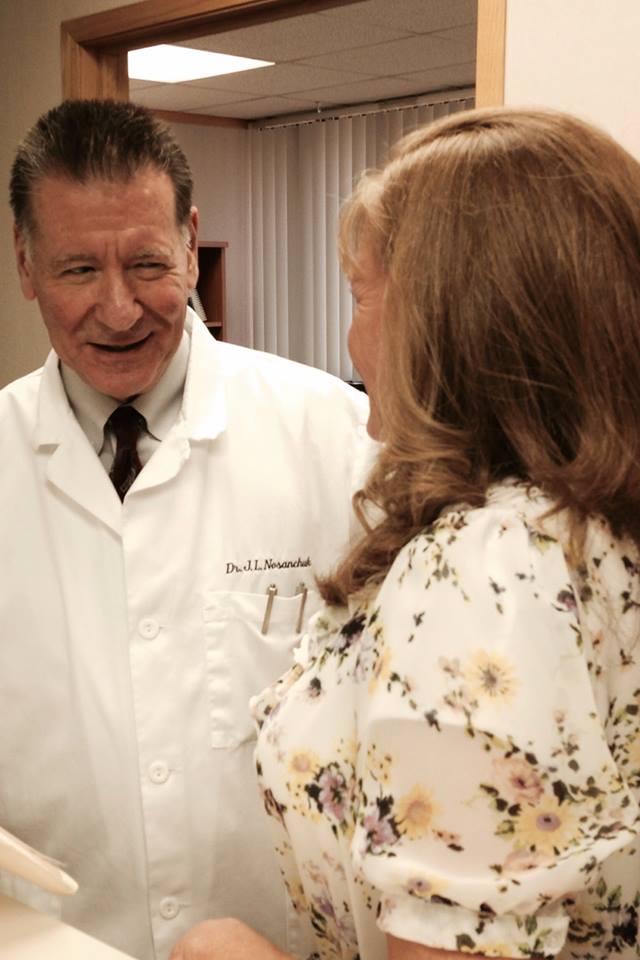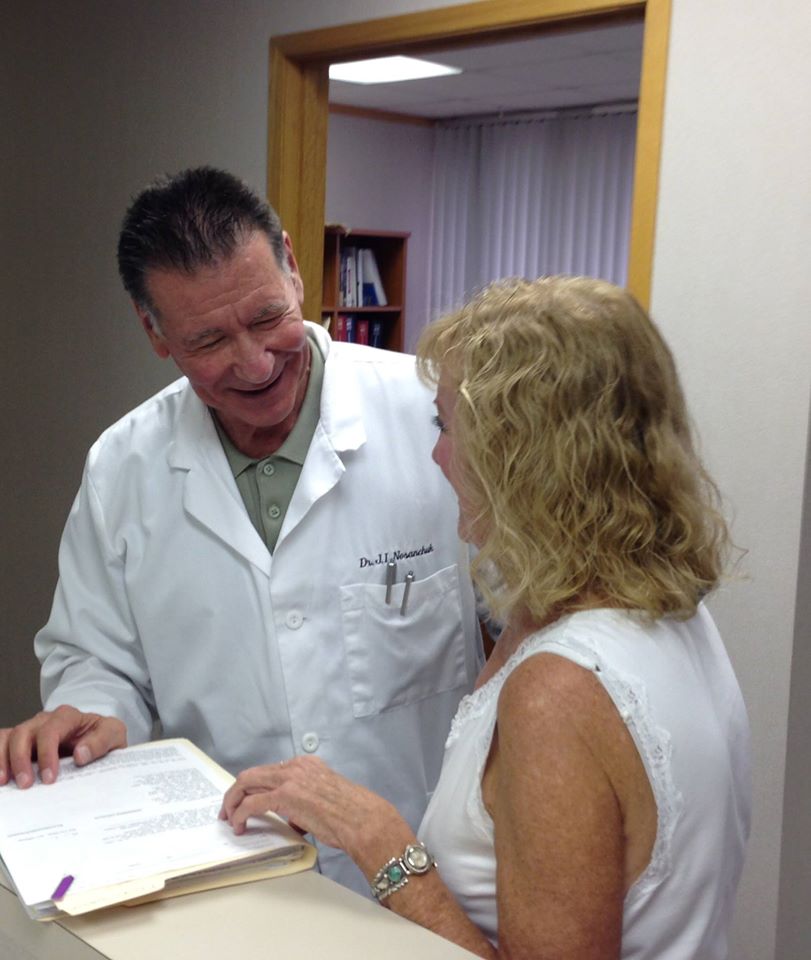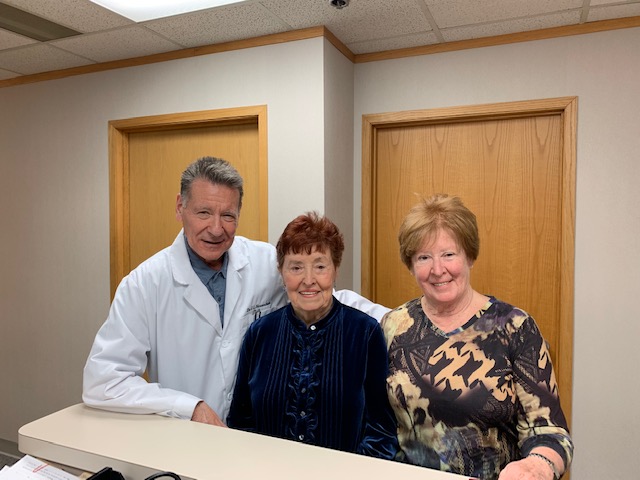
Dr. N provides bio-identical treatment regimens that will resolve your hot flashes, sweats, sleep disturbances, headaches, fatigue, depression and give you back your sex life even when previous treatments didn’t help you. Our goal is for every one of our menopausal patients to be able to say … I’m Back to being me.
Click the link below to go Dr. Nosanchuk’s You Tube Video Channel
Menopause – Symptoms, Sex and Hormones – YouTube
What is Migraine?
Migraine is an inherited or acquired combined disorder of the nerve and vascular tissue of the brain. The manifestation of this disorder is the headache, which occurs intermittently as a result of a stimulus or “trigger.” In those affected, the frequency can vary markedly, and the headaches can occur rarely or on a daily basis. Common triggers include, odors, flashing lights, stress, lack of sleep and other various stimuli. Hormones can act as a trigger and a common variety of this is what is called “menstrual headache.” This type of migraine is usually related to the fall in estrogen levels that occurs prior to menstruation. It is also likely that progesterone sensitivity plays a role as well in many women.

I have recently become menopausal and I am having trouble with migraine headaches. Why?
If migraine headaches occur initially, or become significantly worse following menopause, especially a surgical one, the possibility that it is related to your menopause and its associated hormonal alterations is certainly a reasonable.
Is this because of my hormone replacement therapy
When migraine occurs in post menopausal women there a number possibilities that can be considered.
Migraine usually does not occur as a result of estrogen itself, but rather changes in estrogen levels. The fall in estrogen levels that occurs at menopause can trigger migraine. This is particularly true when the menopause is surgical and the fall in hormone levels is abrupt. Regimens in which the estrogen levels vary widely, such as estrogen injections given on a monthly basis can potentially trigger migraine as the estrogen levels are very high immediately following the injection and fall off rapidly.

In some instances women who take oral estrogen preparations suffer from migraine. When the oral estrogen passes through the GI tract unwanted substances are produced by the liver which have the potential to trigger migraine.
If the woman has a uterus and takes progesterone a number of days each month and the headaches occur during the time she is taking the progesterone it is likely due to the progesterone.
What to do?
The first thing to do would be to see a neurologist to make sure that the headaches are not due to another problem. The neurologist can also discuss whether it would be better to treat the individual headaches if they do not occur too frequently, or to prescribe preventative therapy if they do.
Should I change my hormone replacement therapy regimen?
It would make sense to use a non oral regimen of hormone replacement therapy, preferably one that results in consistent hormone levels. Ideally, this would be an estrogen patch or gel, or subcutaneous hormone pellet implants. Migraine can occur as a result of testosterone deficiency especially when there has been a surgical removal of the ovaries and have I have some patients who have fewer migraines by replacing testosterone levels along with estrogen. I have also found that subcutaneous hormone pellet implants of both estrogen and testosterone can be even more effective. Alternatively testosterone gel can be obtained from a compounding pharmacy. In either case, blood should be drawn to monitor levels to ascertain that the levels are in the desired range.
Menopause Overview
This page defines and discusses menopause, surgical menopause and premature menopause…
Menopausal Symptoms
A woman may experience a number of changes in the way she feels at or prior to menopause. We call these changes the “symptoms” of menopause. This page defines and discusses menopausal symptoms and their treatment…
Sex and Menopause
Loss of sexual desire and ability to participate in and enjoy sex is not a normal part of aging. Dr Nosanchuk explains why a menopausal woman’s desire to have sex and her capacity to physically participate in sex are both affected by her menopause…
Dr. Jerry Nosanchuk is a practicing physician who has specialized in the care of menopausal women for over 30 years. His office is located in Bingham Farms, Michigan. Appointments with Dr. Nosanchuk can be made by calling: (248) 644-7200 and speaking to Caroline Monday through Friday from 10AM to 6PM
IMPORTANT: This website is for educational purposes only. It is not intended to suggest a specific therapy for any individual and must not be construed to establish a physician patient relationship.